
Ratnagiri Estate: A New Era of Coffee from India
Meet Ashok Patre, a third-generation producer revolutionizing coffee production and processing in the Karnataka State. Watch our interview with him, and learn more about his farm, Ratnagiri Estates.

Meet Ashok Patre, a third-generation producer revolutionizing coffee production and processing in the Karnataka State. Watch our interview with him, and learn more about his farm, Ratnagiri Estates.

Enjoy our interview with Roaster and Honduras Barista Champion Carlos Guerra, who won an Ikawa Pro 50 Sample Roaster through the Legendary Coffee Exchange at the 2023 SCA Expo.

As a nimble and independently owned importer, we recognize that a roaster’s selections can only be made in advance with real-time information. Our green buying team is passionate about working actively with producers at origin throughout the year and sharing their knowledge and experiences with roasters like you.

Watch our most recent public educational event now, discussing all things anaerobic fermentation in coffee processing. Find out how to be part of the next conversation!
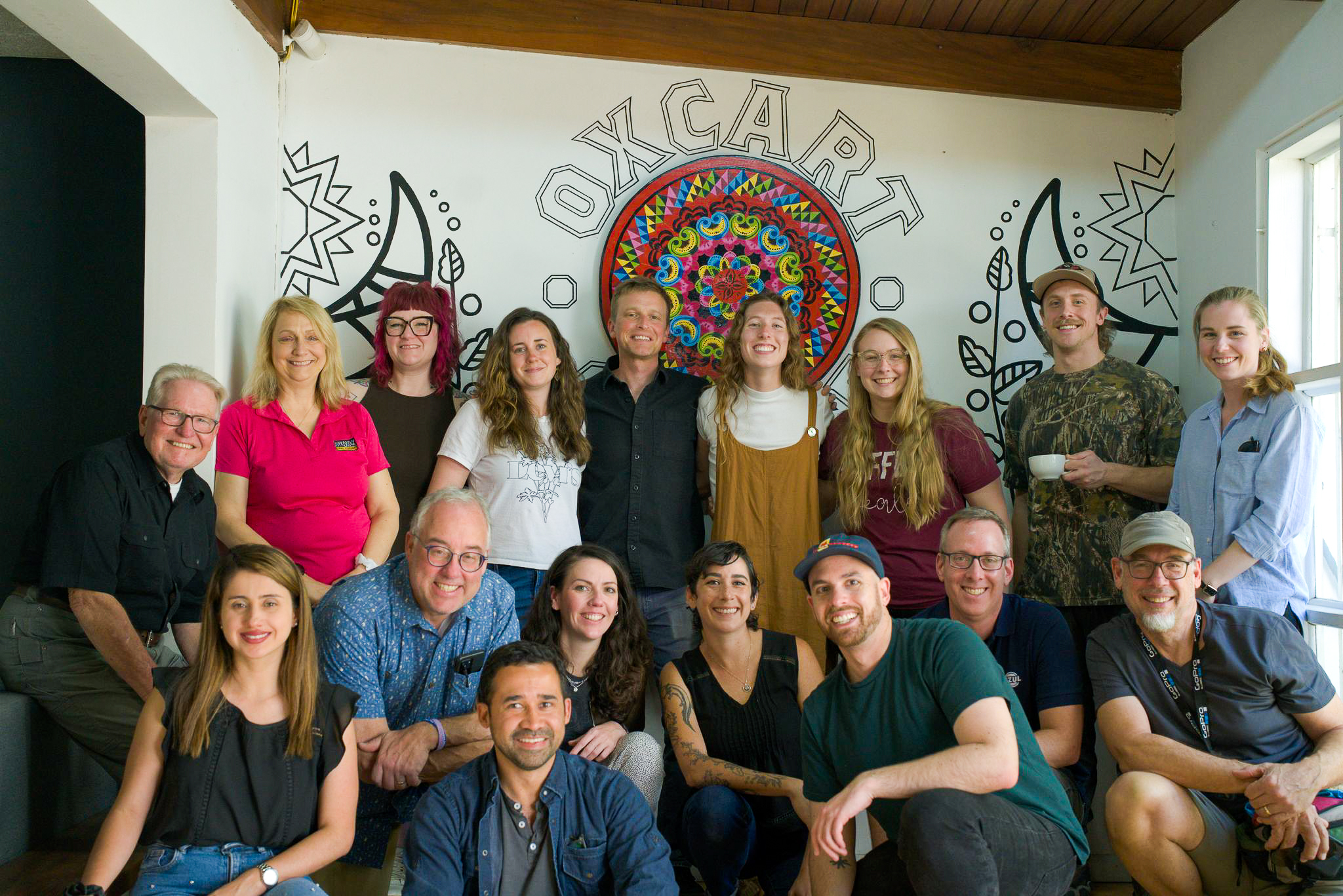
Back in February, a collection of staff, roasters, and baristas went for an educational excursion.
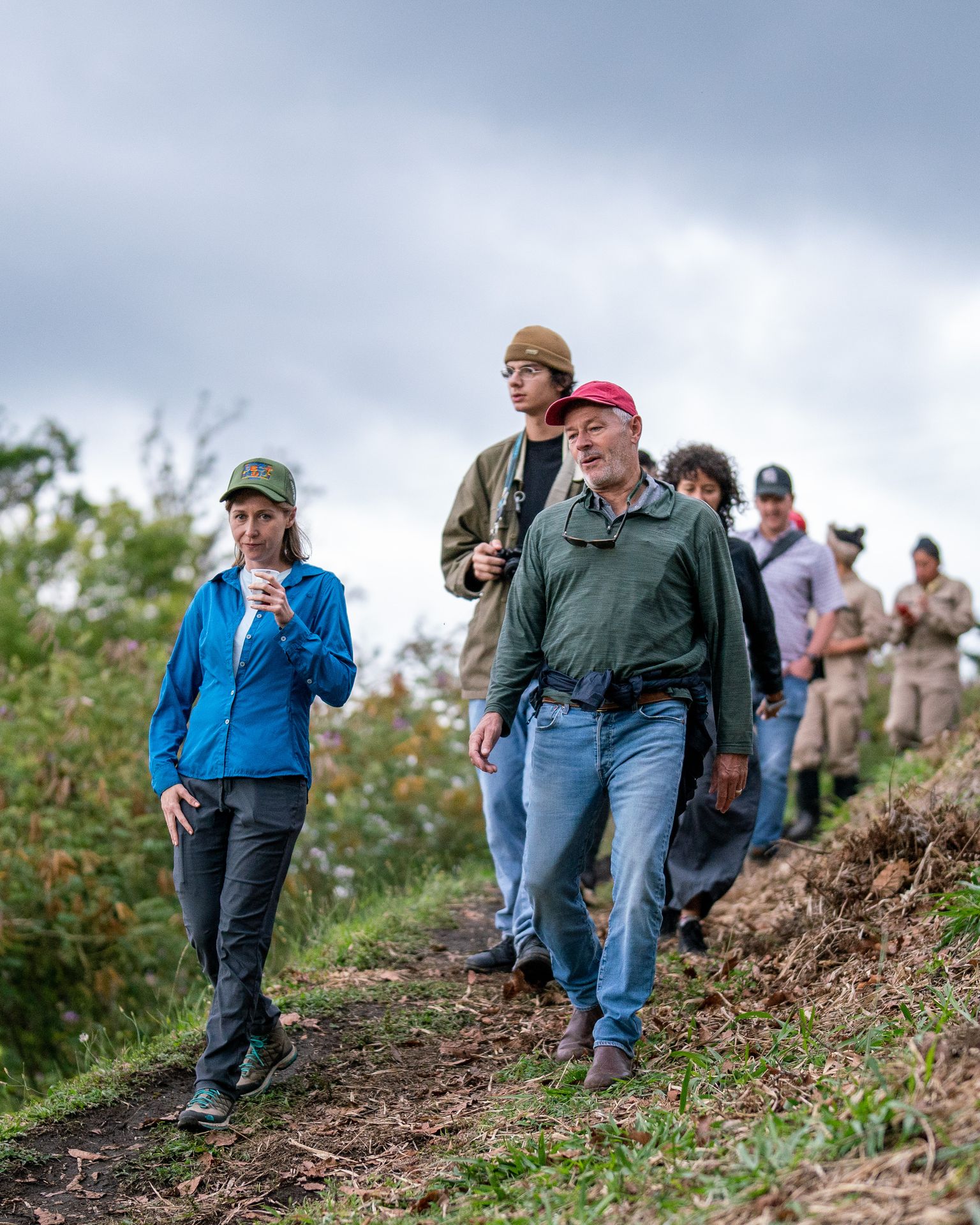
A note from Founder and President Andrew Miller introducing our 2023 Progress Report.
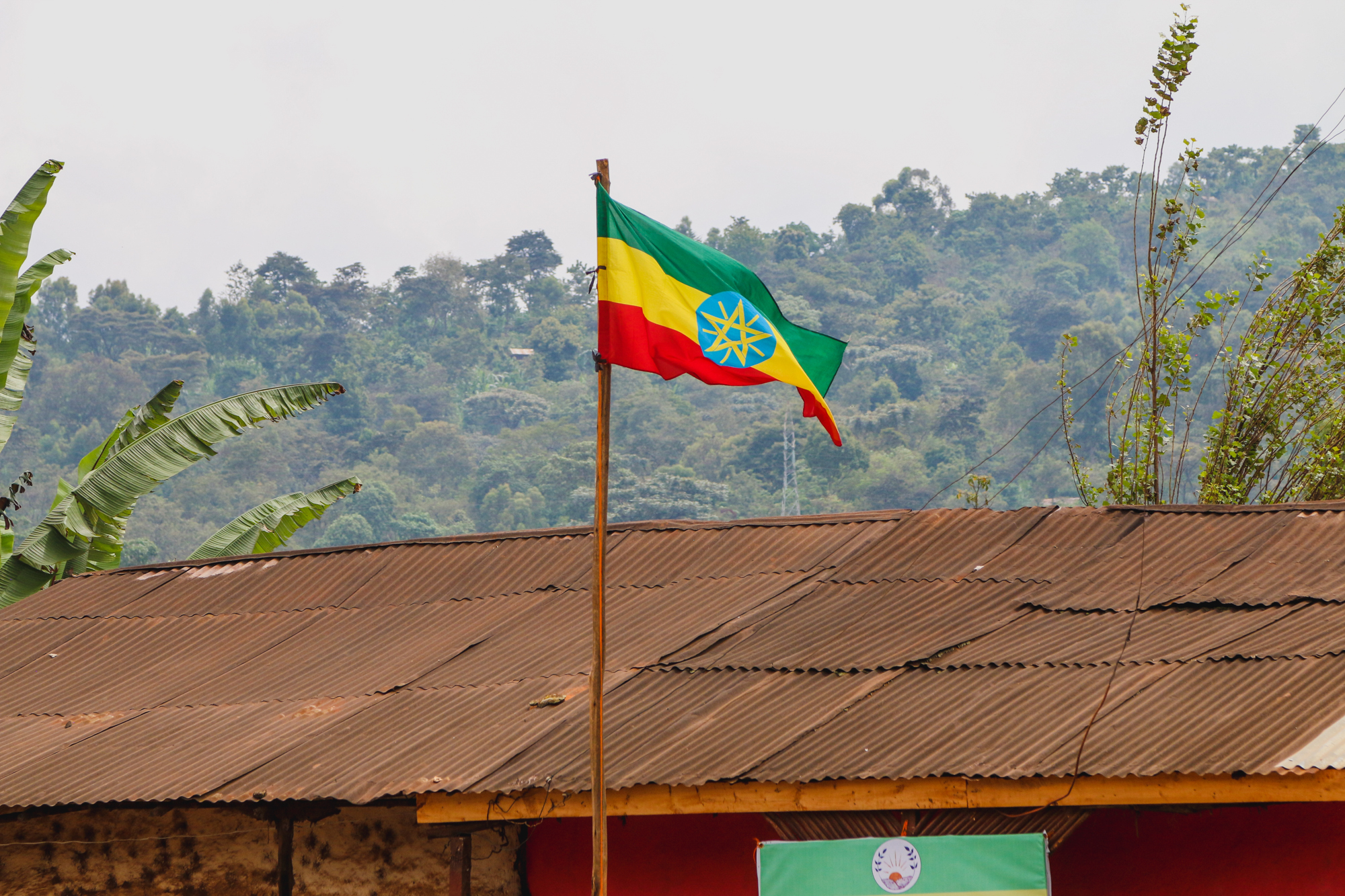
Ethiopian coffee has always been our favorite, but there has always been a weird reshuffle of the business every few years, usually due to a governmental change triggered by something behind the scenes. We wanted to figure out what was going on this time.
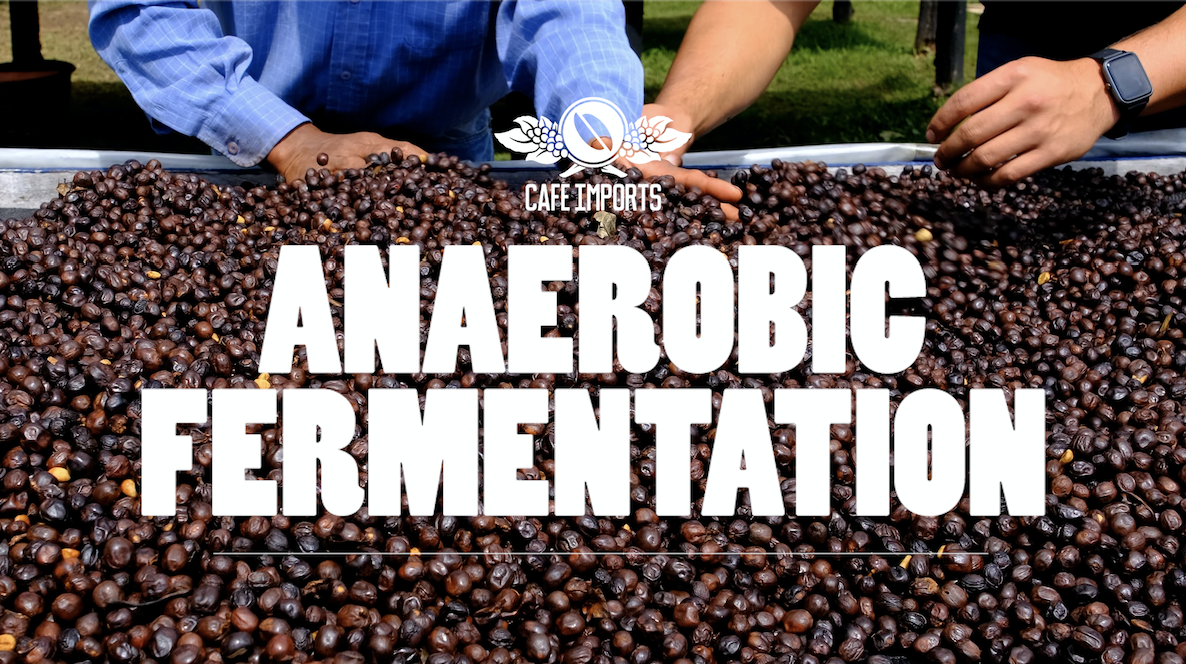
Interest in innovative post-harvest processing styles is building across the coffee supply chain. Producers and consumers are seeing benefits like unique flavor profiles that add value to coffee, help producers, processors, mills, farms, and coffees stand out from the crowd, and help diversify offerings.
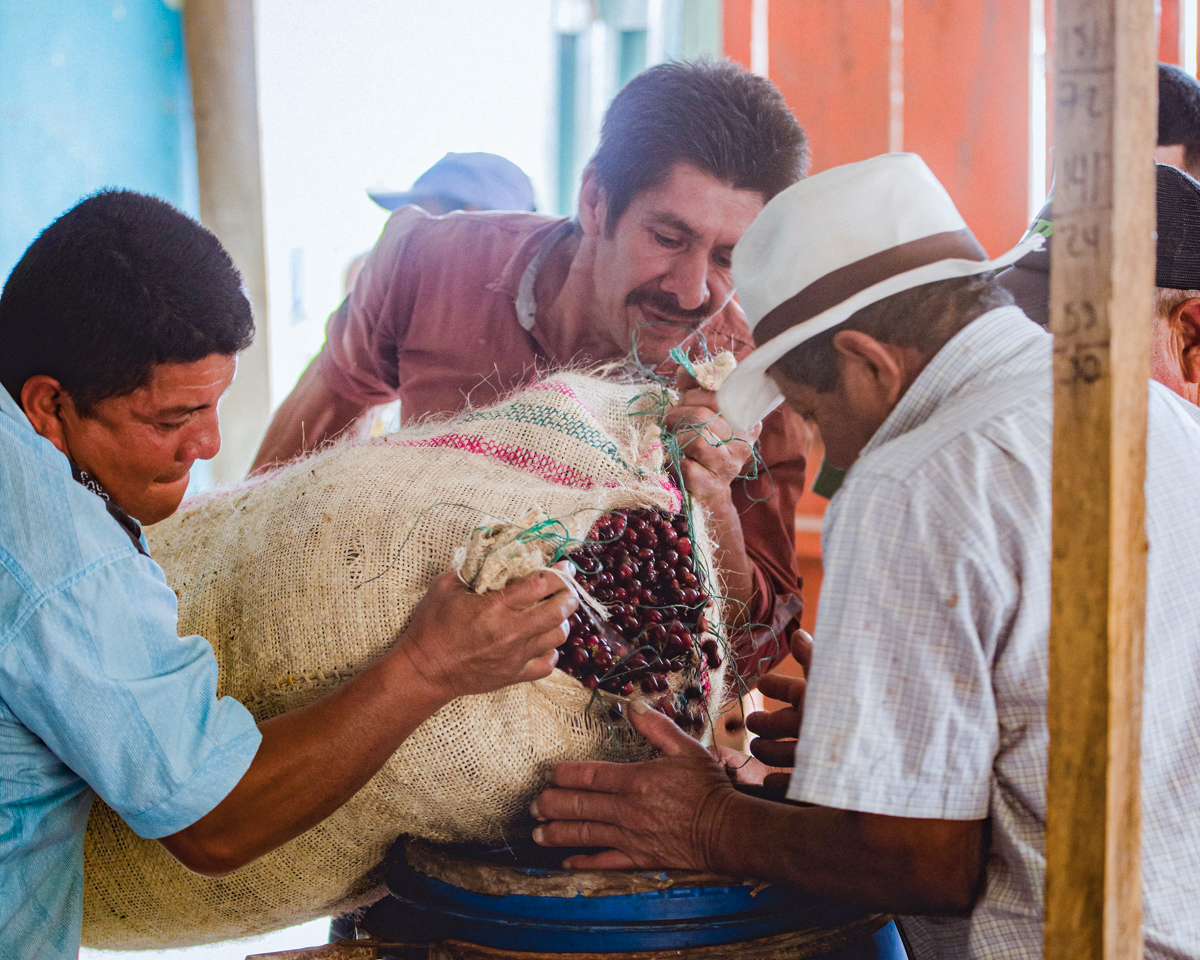
Finca Juan Martin and Manos Juntas are two different projects, both striving to make coffee production more profitable for producers and consistently delicious for consumers, all under the Banexport umbrella. Banexport is our longstanding partner and friend, sourcing and exporting many of our Cauca, Huila, and Nariño offerings. Their commitment to quality, sustainability, and economic equality for producers is exemplified in their projects, particularly Finca Juan Martin and Manos Juntas.
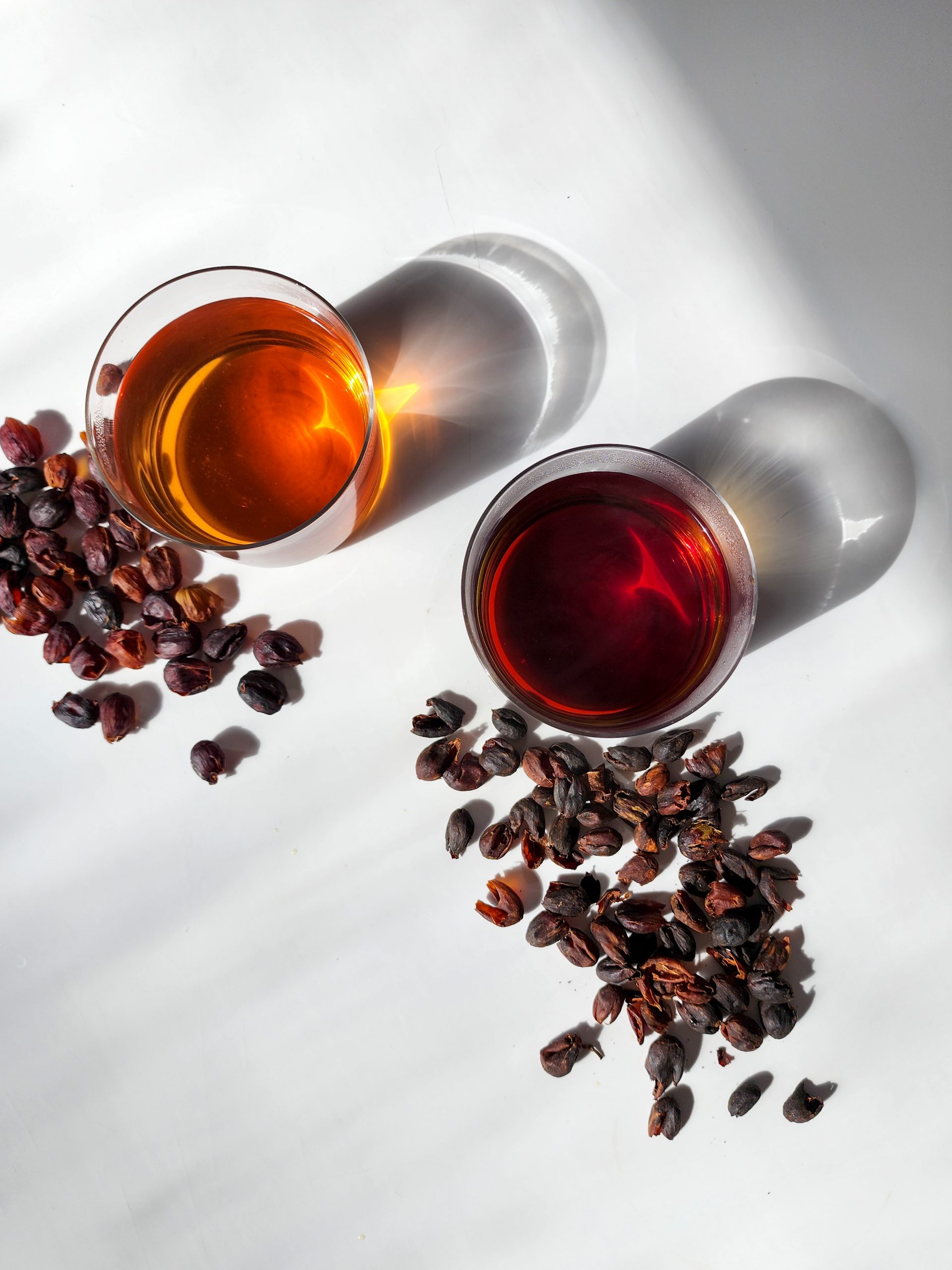
When coffee is processed, the layers of skin, fruit, and parchment are broken down and removed, leaving behind the seeds we roast and brew. Those discarded layers once provided life and protection to the seeds, but don’t have to all go to waste. The skin of the coffee cherry can be dried and sold as a singular product called Cascara.
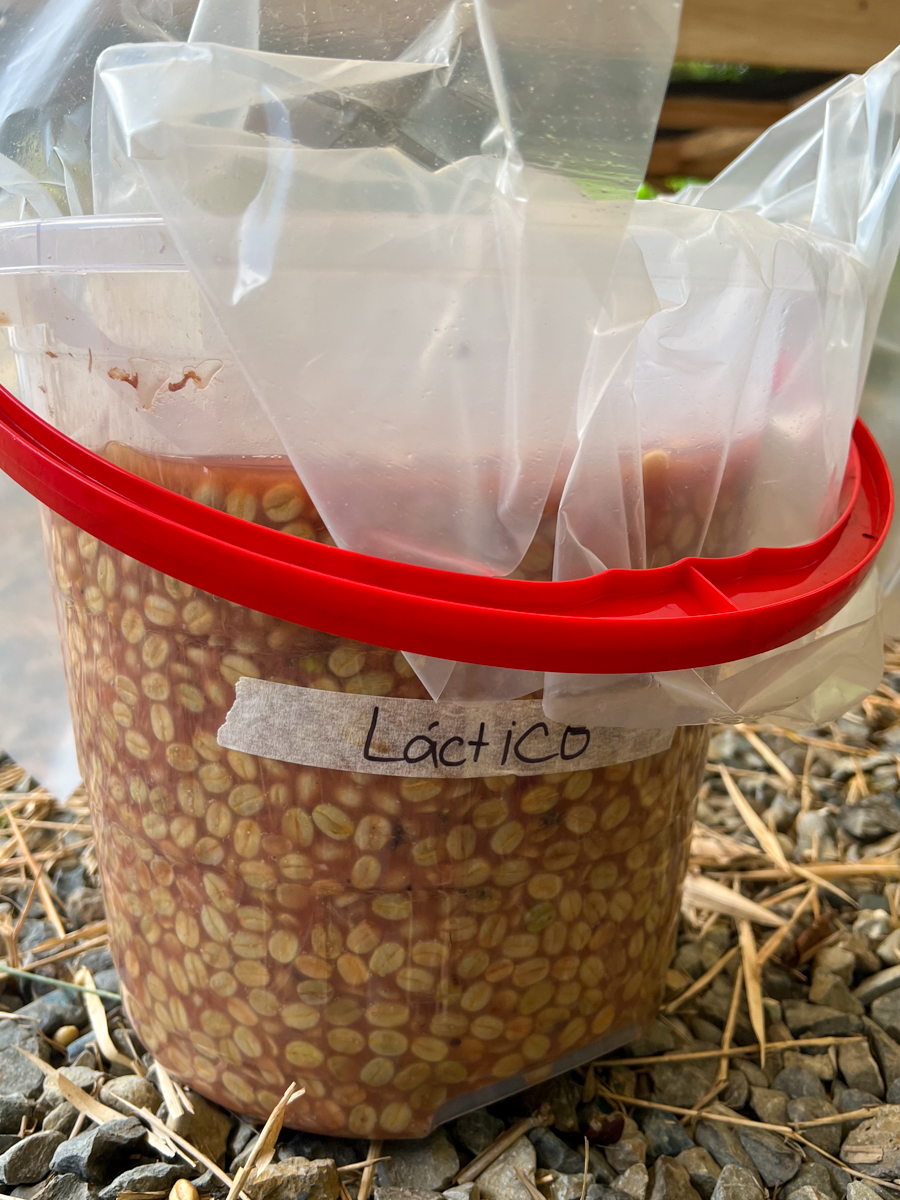
At Cafe Imports, we’ve noted a rise in questions about processing, many of which either center around deciphering terminology or what the growing hype about methodology in fermentation and processing means for producers/processors and the coffees they create.
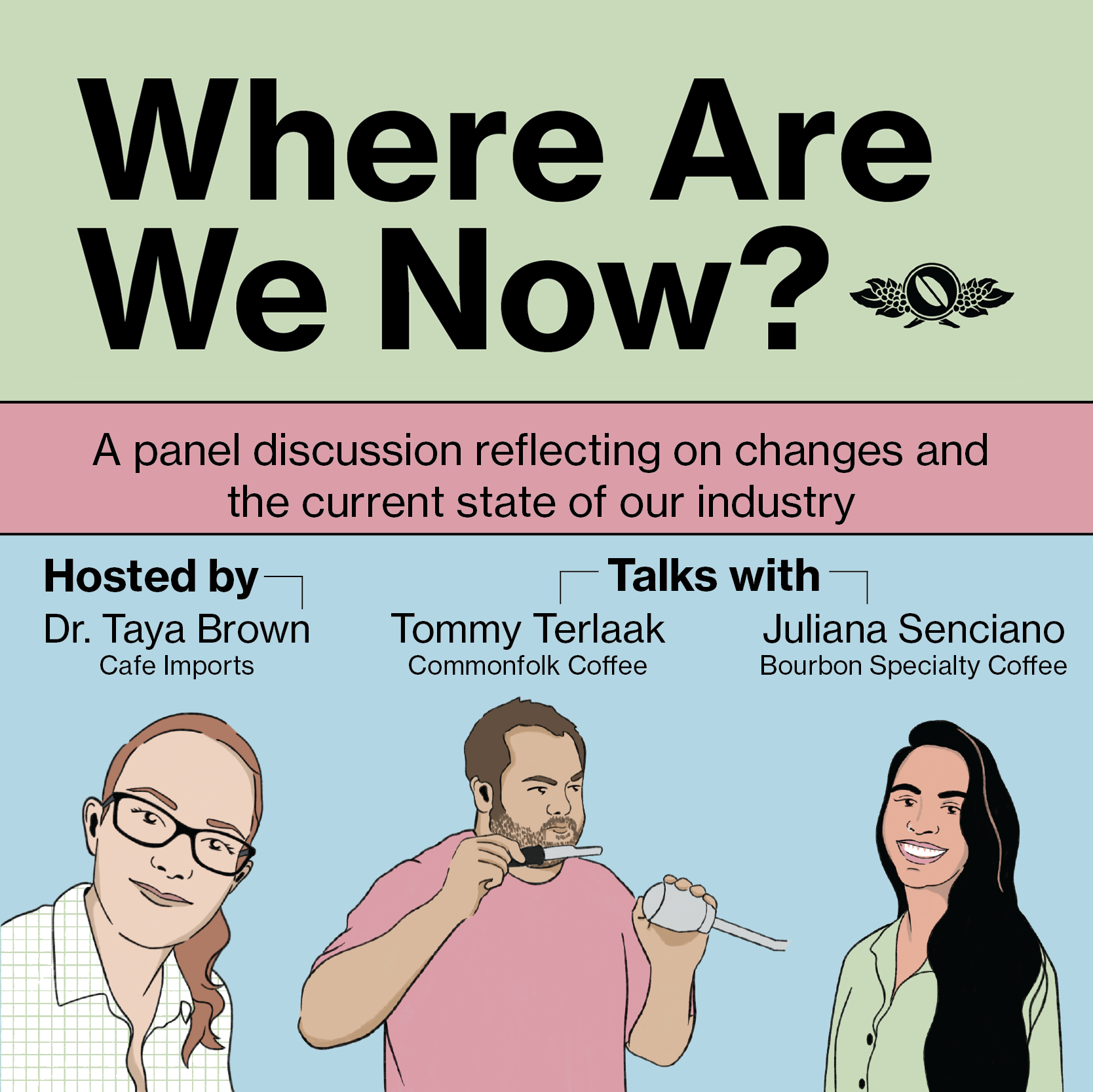
As we all came together during the week of MICE, we were excited to welcome some new and old faces to CIA HQ for an evening of good chats, tacos, and wine, paired with a panel discussion focused on the topic of change and the current state of the coffee industry.
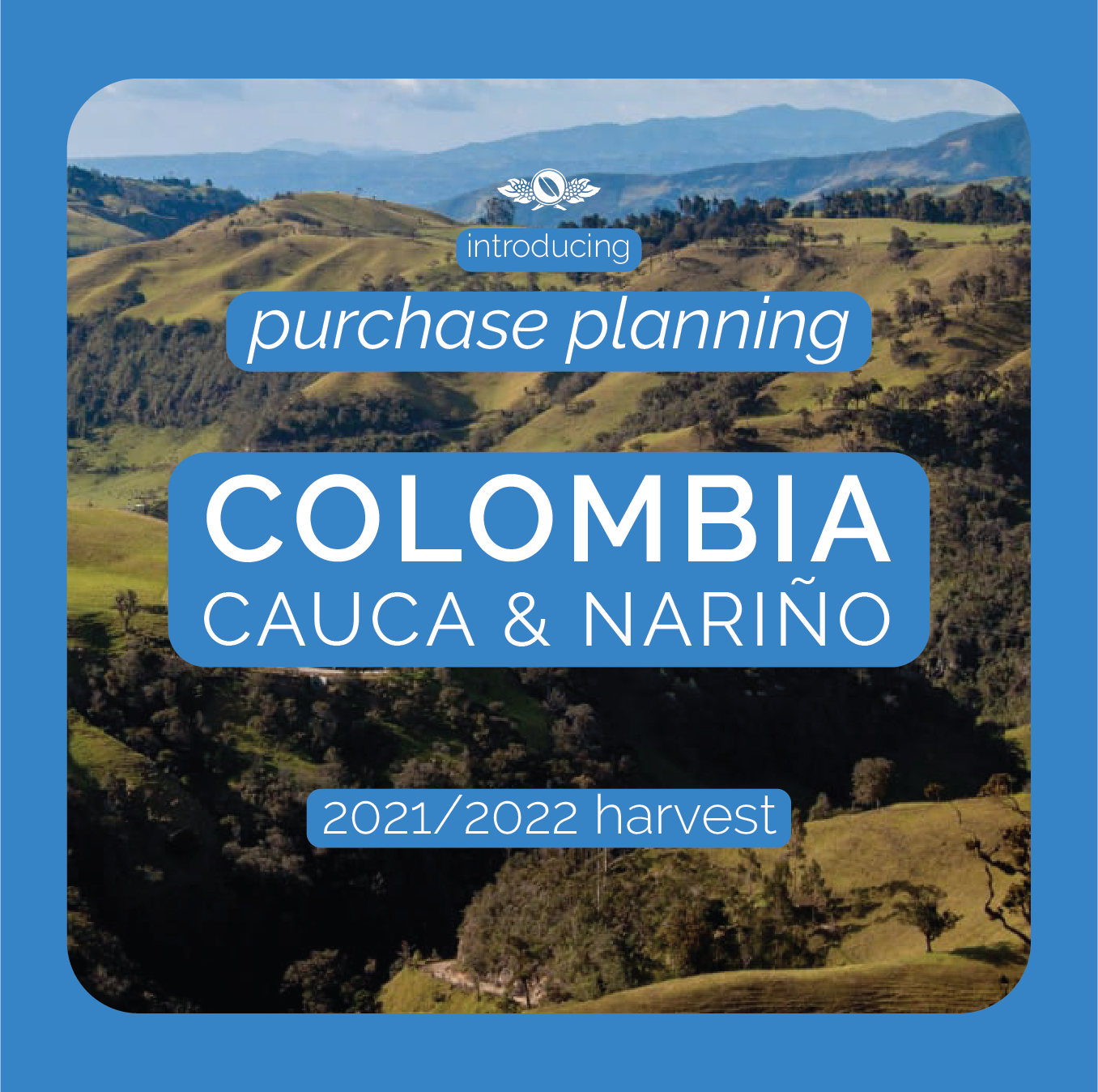
We have designed our purchase planning tools with you in mind to make buying coffee with us smoother than ever. By purchase planning, you can make decisions based on the most up-to-date information on current crop offerings with expert guidance from our sales reps working closely with our green buyers at origin.
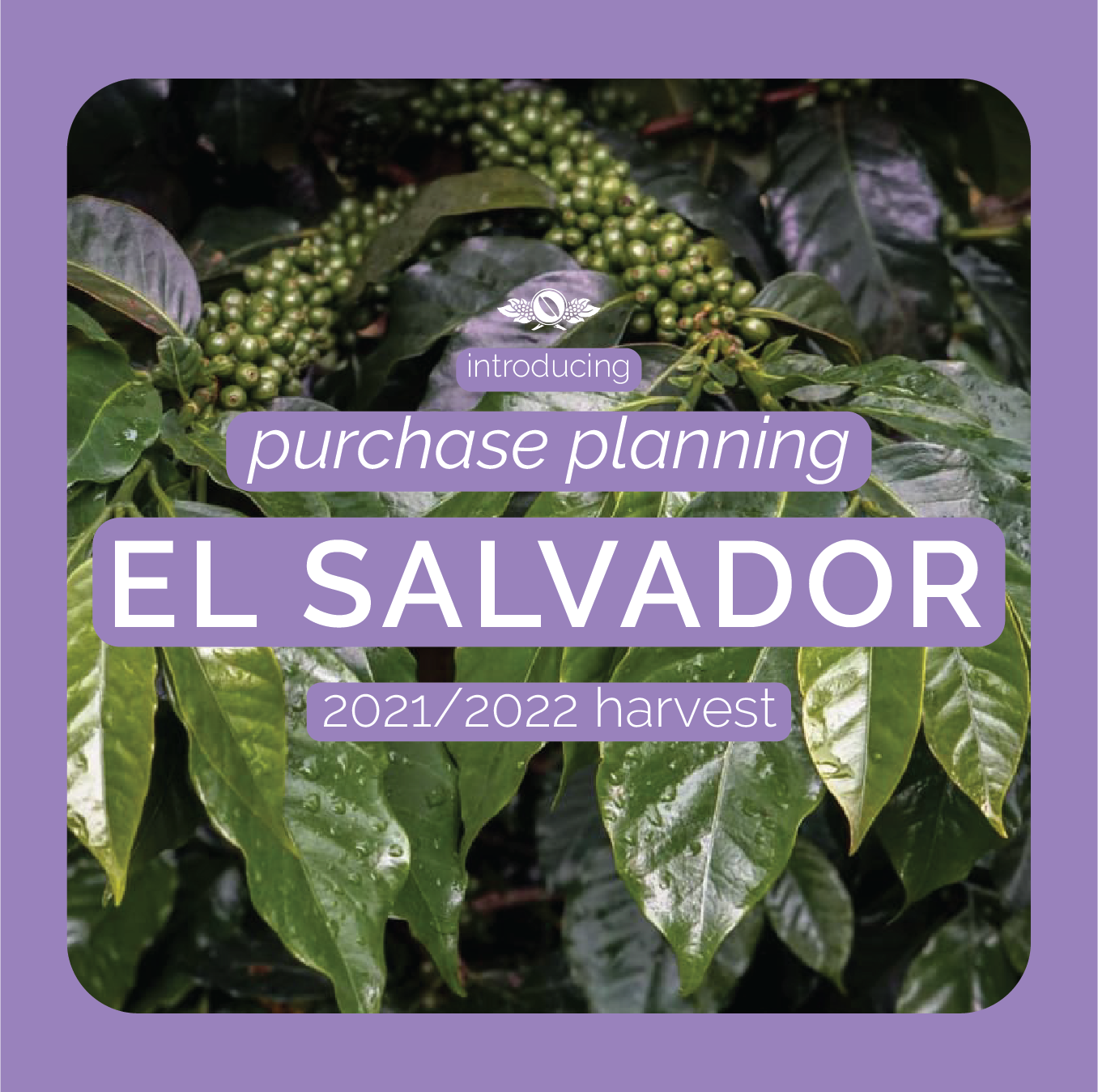
We have designed our purchase planning tools with you in mind to make buying coffee with us smoother than ever.
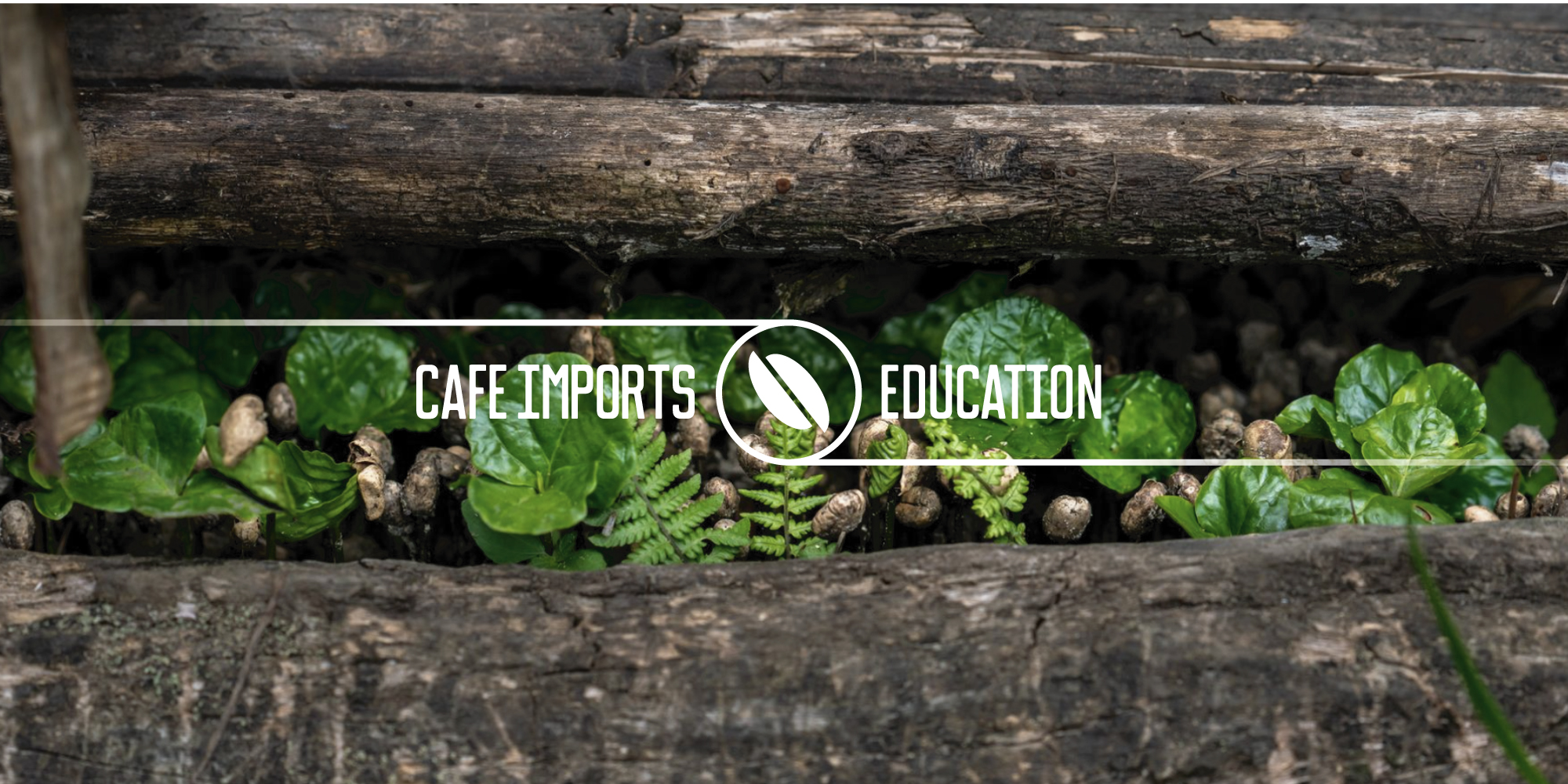
We couldn’t be more excited to announce the addition of two new faces to Cafe Imports, representing our Education team.
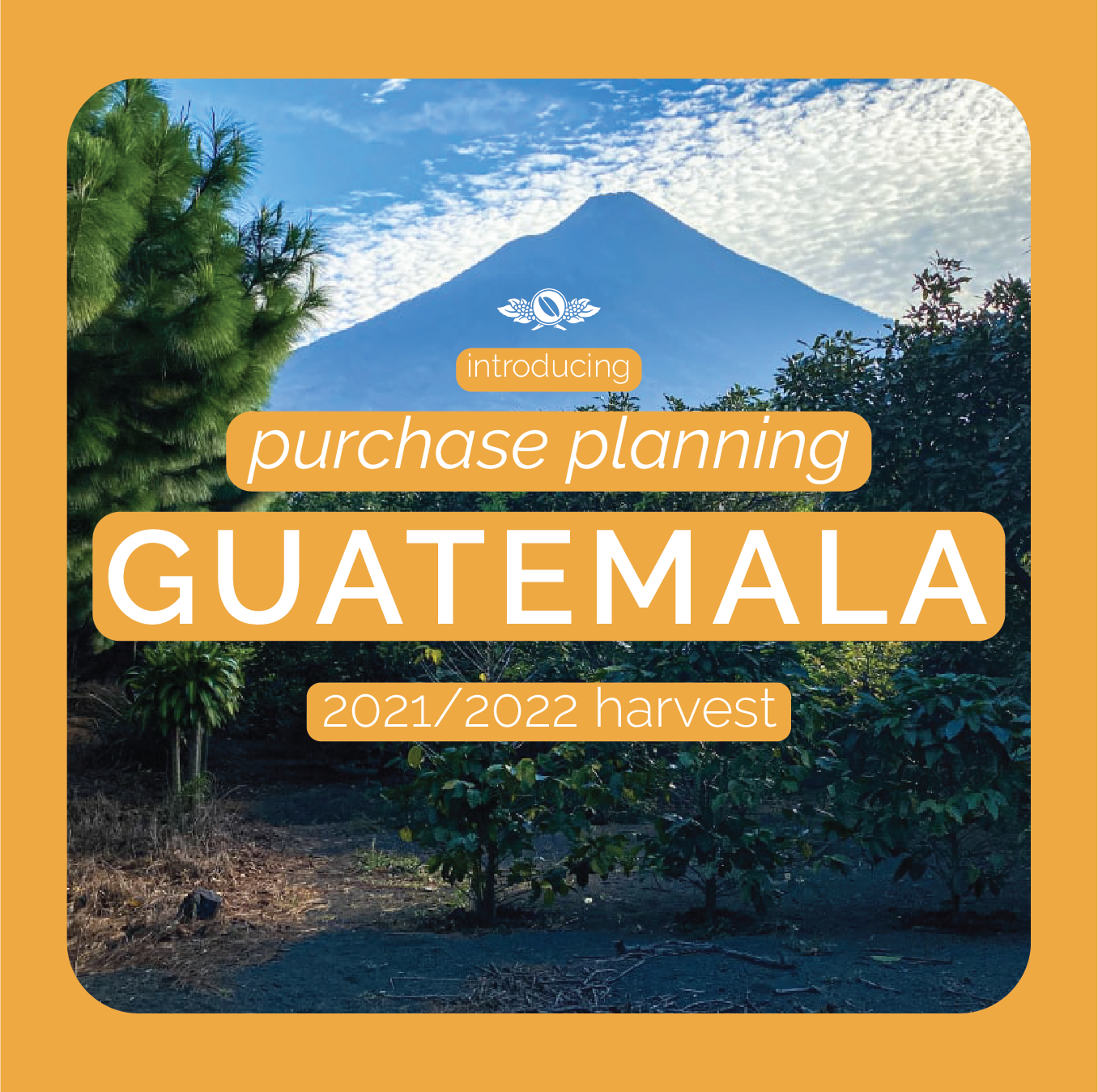
We have designed our purchase planning tools with you in mind to make buying coffee with us smoother than ever.
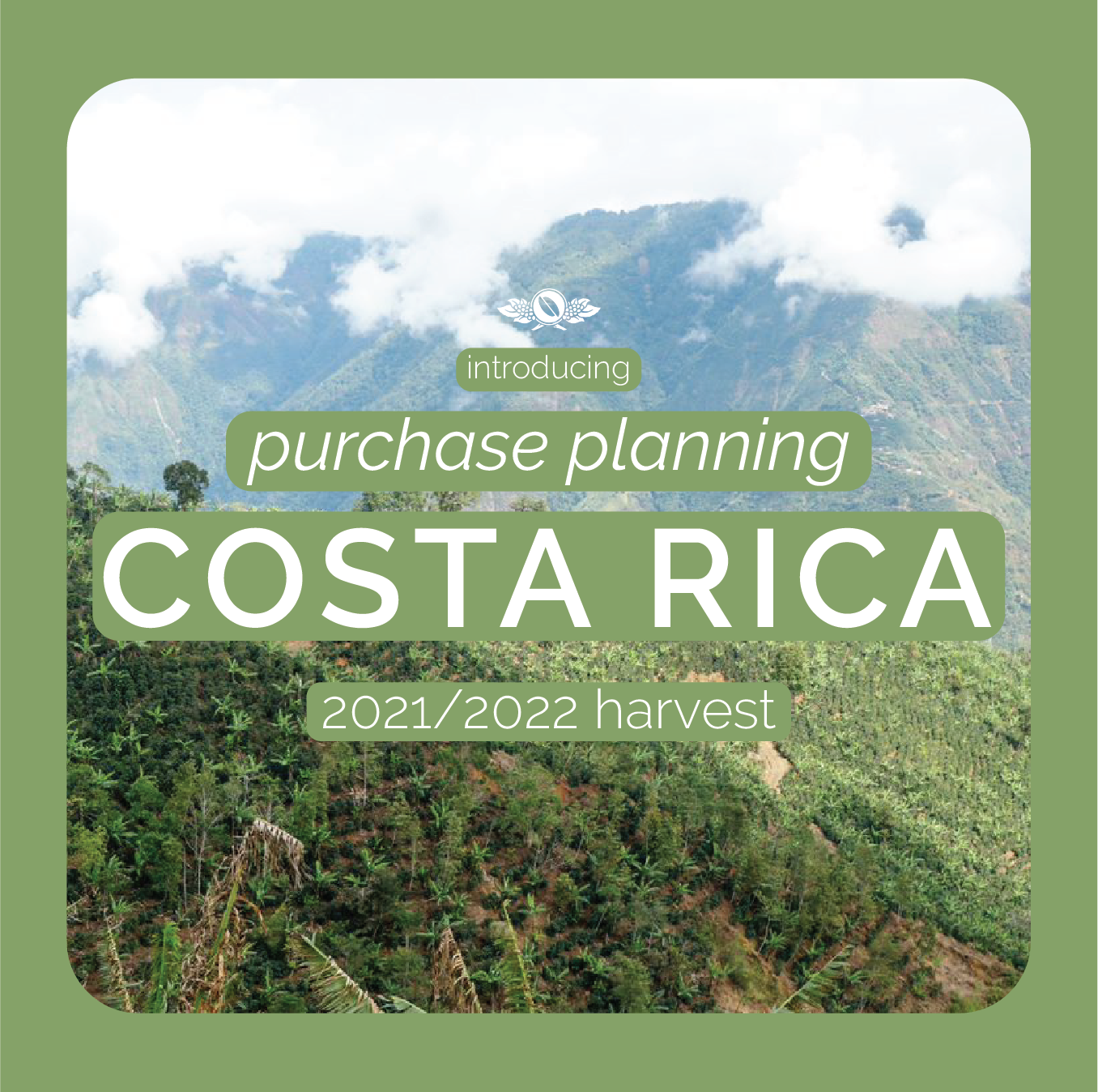
We have designed our purchase planning tools with you in mind to make buying coffee with us smoother than ever.
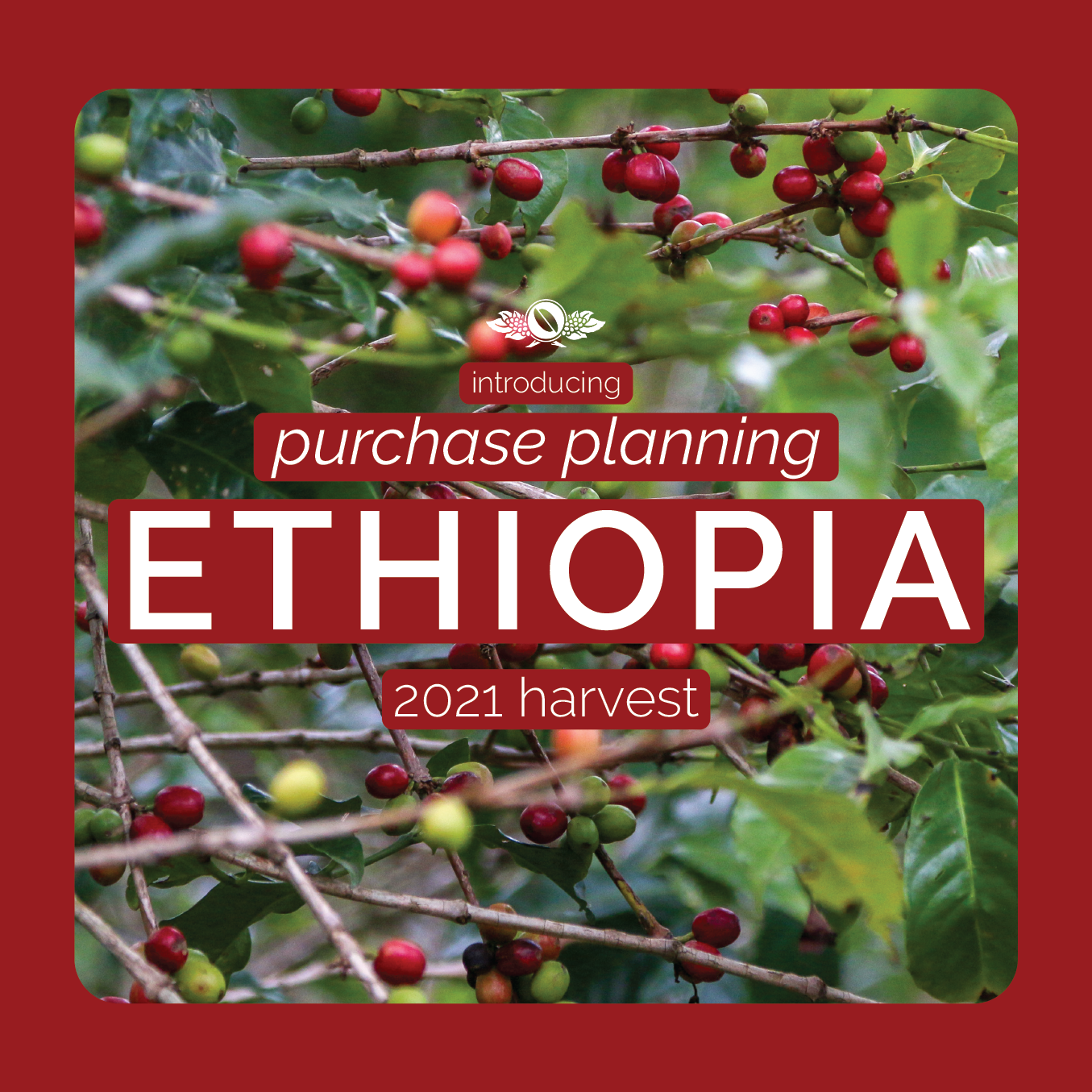
We have designed our purchase planning tools with you in mind to make buying coffee with us smoother than ever.
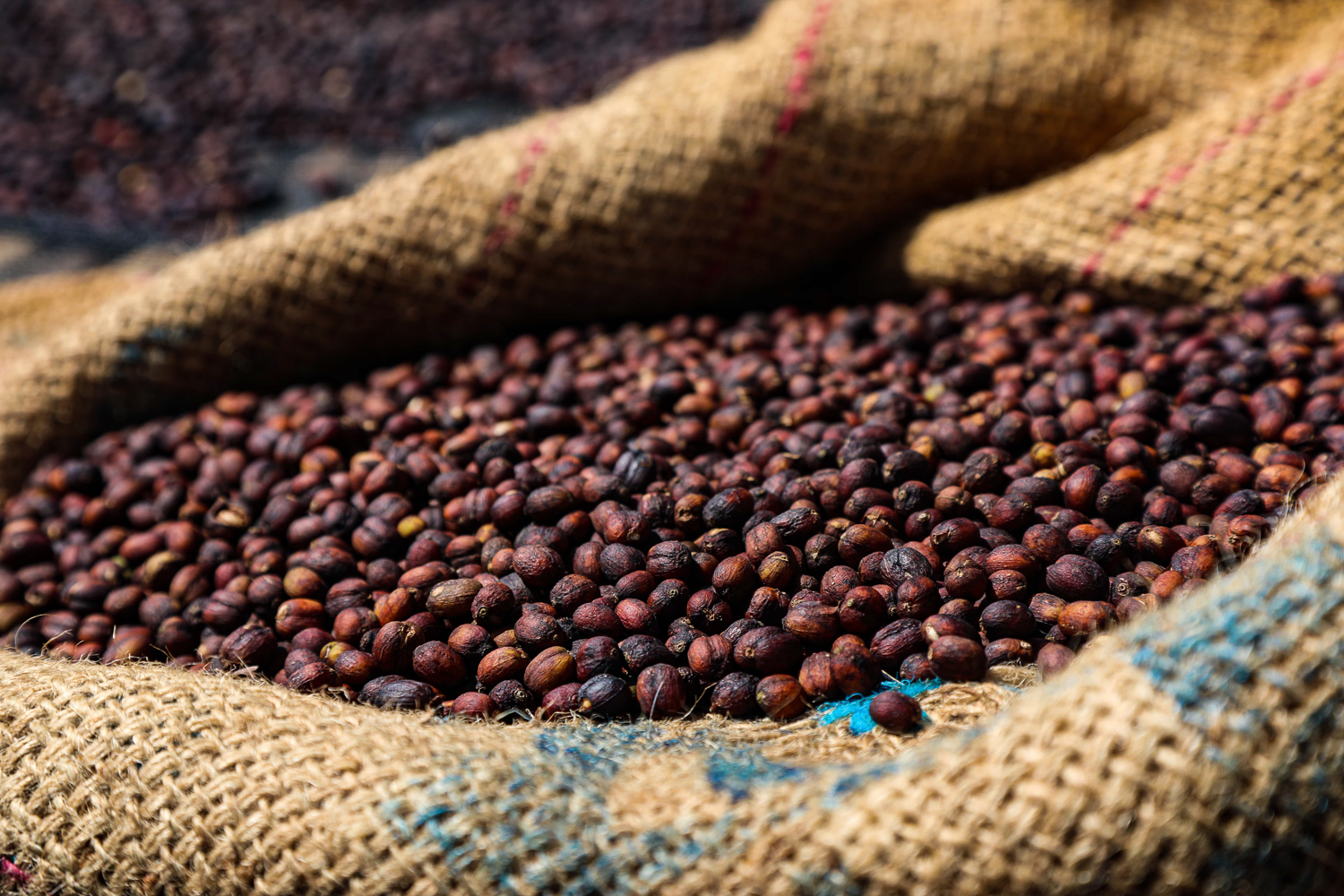
For all of us that work in coffee, “Happy Near Year” directly translates to “Fresh-crop Ethiopia season” — a time to taste some of the most beautiful coffees of the year.